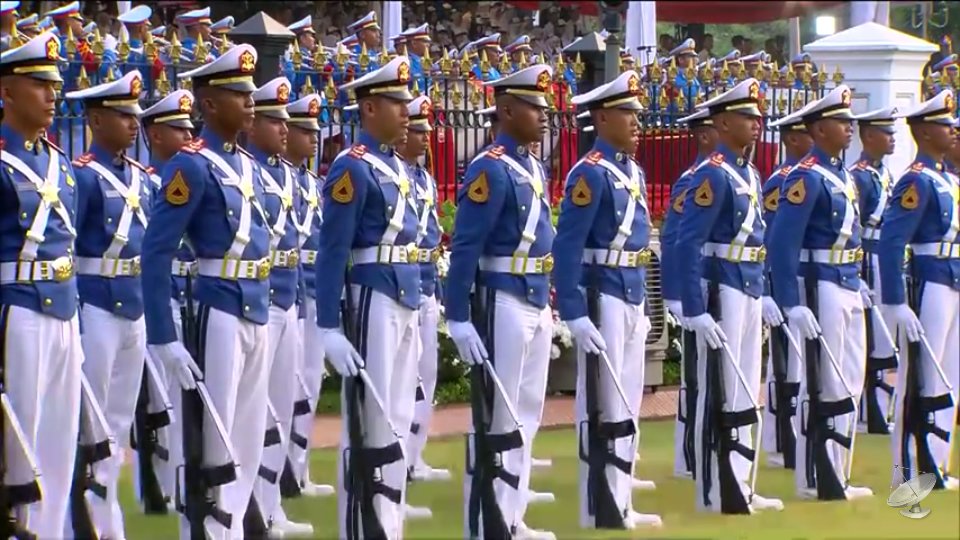More even than usual, Malaysia’s 14th general elections (held 9 May 2018) represented a clash of leaders: Incumbent prime minister Najib Tun Razak (son of Malaysia’s second prime minister) and Mahathir Mohamed, Malaysia’s fourth prime minister (1981–2003).
Najib was standard-bearer for the United Malays National Organisation (UMNO), linchpin of the communally based coalition in power since independence in 1957, Barisan Nasional (BN, National Front). A founding member of UMNO in 1946, Mahathir contested this time with the opposition coalition, Pakatan Harapan (Alliance for Hope). What drove the nonagenarian back to the electoral fray was frustration with and clear distaste for Najib, whose reputation had been deeply tarnished by the massive, globally renowned 1Malaysia Development Berhad (1MDB) scandal. These elections, therefore, were as much a clash of titans as of parties. As we now know, Pakatan carried the day, wresting control of the federal parliament and a majority of state legislatures from Najib’s BN.
“These elections were as much a clash of titans as of parties…”
These elections hence carry tremendous salience for Malaysia’s future direction — but as a study in strategic leadership, they are especially revealing. In particular, both Najib and Mahathir demonstrated remarkable flexibility in their affiliations. Mahathir hitched his communal Parti Pribumi Bersatu Malaysia (PPBM or Bersatu) to an opposition coalition with an explicitly anti-communal premise (albeit still hardly immune to racialism in practice). For his part, Najib flirted aggressively with Parti Islam seMalaysia (PAS), a Malay-based party driven from the opposition coalition for its increasingly obdurate Islamism. Affiliating too closely with PAS risked alienating UMNO’s non-Malay-based BN partners; PPBM’s participation in Pakatan risked driving away core supporters deeply averse to communal politics, as well as to Mahathir himself as a key architect of the current order. The BN’s strategy backfired. As Malay support for Najib and UMNO ebbed, dragged down by economic anxiety, anger at corruption and diminished national dignity, and memories of prosperity under Mahathir’s developmentalism of the 1980s-90s, not just Pakatan but also PAS, sopped up disaffected Malays’ support, winning control of a second state.
But now as Pakatan starts to govern, with the strong-willed Mahathir at the helm, the coalition wrestles with the compromises it has made…
Tensions are rising not only over how to divvy power among component parties and leaders, but also over how accommodating to be of BN ‘frogs’ leaping to (especially) the ideologically compatible PPBM. The results not only of the elections, but also of this post-election scrambling, could signal or endanger real shifts in Malaysia’s policy priorities.
Meanwhile, disaffection with both the extent of ‘money politics’ in Najib’s BN and the slow-to-cohere opposition antagonised not just usually solid supporters, but also new younger voters, who initially saw little cause for excitement in these polls. The extent of the nervous BN’s electoral manipulation — from a punitive ‘fake news’ law passed hastily in the final days before parliament dissolved, to truly extreme constituency malapportionment, to rare mid-week polls that intended to depress turnout — may have made it all the harder to convince voters (especially in bloated urban constituencies) that their votes mattered. It also made many mad enough to mobilise.
From a disaffected undi rosak (spoilt vote) movement heading into the polls, we now see newfound faith in the power of elections to effect change. If this frustration-become-exhilaration catalyses real electoral reform, as seems likely, we could see a more genuinely competitive electoral order develop.
These polls represent a stark referendum on Malaysia’s recent past and future course…
In short, these polls represent a stark referendum on Malaysia’s recent past and future course. Not just who has won, but the bargains they have made to get there and how the winning coalition interprets its mandate, will carry dramatic consequences for Malaysia moving forward.
* This post has been published as part of a series of papers that were presented at the LSE Southeast Asia Forum (SEAF) in May 2018. This annual event provides a unique opportunity to engage with Southeast Asia’s most critical issues, network with renowned experts and participate in high-level debate. For more information, please click here.
* The views expressed in the blog are those of the authors alone. They do not reflect the position of the Saw Swee Hock Southeast Asia Centre, nor that of the London School of Economics and Political Science.
* Banner image is from Udey Ismail, Tun Mahathir





